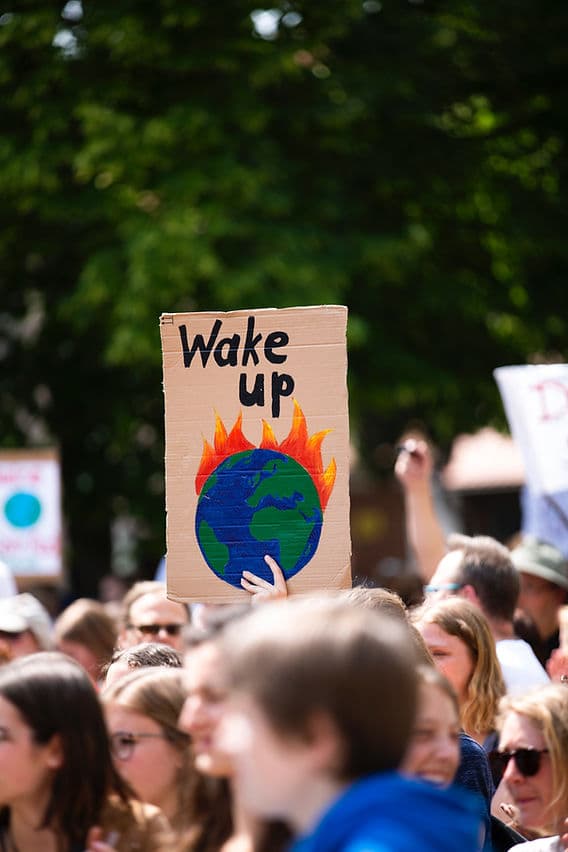
Why Individual Climate Action Is More Impactful Than You Think
In a world where a wealthy few are largely responsible for the climate crisis that impacts us all, it’s easy to feel like your personal choices—going vegan, skipping flights, shopping sustainably—don’t make a difference. Why should you give up meat if governments aren’t placing limits on its mass production? Why should you stay grounded while millions fly abroad every year without consequence? Why boycott fast fashion when companies face no real rules to clean up their supply chains?
These questions are valid—and commonly asked. But the narrative is changing, fast.
The Power of Example: One Choice Sparks Many
Back in 2017, researcher Steve Westlake from Birkbeck, University of London, found that individual actions—especially by leaders and influencers—can have a ripple effect. His study showed that when someone known to a person stops flying to cut emissions, that person is more likely to reduce their own air travel too. In fact, 50% of people who knew someone living fly-free said they flew less as a result—and the effect was even stronger if that individual had a public profile.
While Westlake emphasized that systemic reforms are still essential, he concluded that leading by example "can send a powerful and effective message" regardless of someone's political views or lifestyle.
When Words and Actions Align, Change Happens
In 2019, similar findings emerged from Princeton University. Professor Elke Weber, associate director at the Andlinger Center for Energy and the Environment, pointed out that a communicator’s own carbon footprint affects both their credibility and the public’s support for the policies they promote. This helps explain why moments of perceived hypocrisy—from celebrities like Meghan Markle and Prince Harry flying private after advocating for climate action—can do real damage to the movement.
When public figures walk the talk, they boost trust and inspire real behavioral shifts.
What Should We Be Doing Now?
So, if individual action is impactful, why aren’t governments promoting it more? Too many current climate strategies depend on future, unproven technologies to reduce emissions decades from now—leaving a dangerous gap in the present.

A 2017 paper identified four key individual actions with the greatest immediate impact on reducing emissions. These are:
1. Having one fewer child
2. Living car-free
3. Avoiding air travel
4. Eating a plant-based diet
These aren’t just personal lifestyle choices—they’re actions that institutions and governments should be supporting and encouraging, right now.
What We’re Doing at The Climate App
At The Climate App, we believe individual action is the missing link in the climate movement. That’s why we’re building a platform that empowers everyday people to take meaningful steps—and to inspire others to do the same.
Right now, we’re in the crowdfunding phase, and we need your support to help launch a carbon-cutting chain reaction. Because no action is too small. And change can’t wait until 2050.
